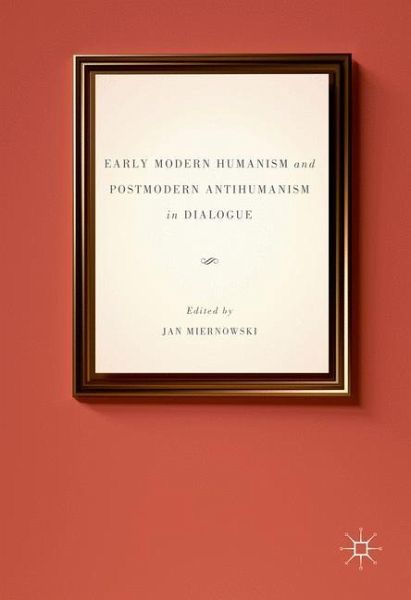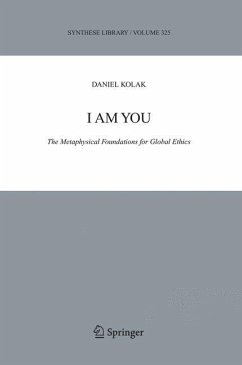
Early Modern Humanism and Postmodern Antihumanism in Dialogue

PAYBACK Punkte
38 °P sammeln!
This book employs perspectives from continental philosophy, intellectual history, and literary and cultural studies to breach the divide between early modernist and modernist thinkers. It turns to early modern humanism in order to challenge late 20th-century thought and present-day posthumanism. This book addresses contemporary concerns such as the moral responsibility of the artist, the place of religious beliefs in our secular societies, legal rights extended to nonhuman species, the sense of 'normality' applied to the human body, the politics of migration, individual political freedom and i...
This book employs perspectives from continental philosophy, intellectual history, and literary and cultural studies to breach the divide between early modernist and modernist thinkers. It turns to early modern humanism in order to challenge late 20th-century thought and present-day posthumanism. This book addresses contemporary concerns such as the moral responsibility of the artist, the place of religious beliefs in our secular societies, legal rights extended to nonhuman species, the sense of 'normality' applied to the human body, the politics of migration, individual political freedom and international terrorism. It demonstrates how early modern humanism can bring new perspectives to postmodern antihumanism and even invite us to envision a humanism of the future.












